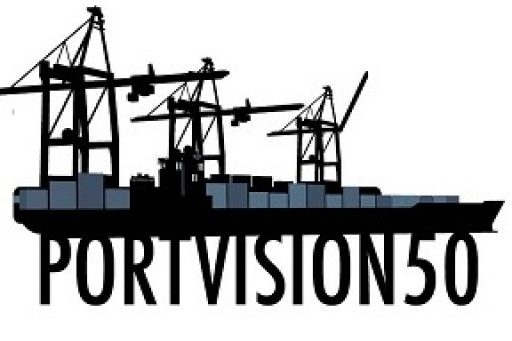The U.S. Environmental Protection Agency’s (EPA) Renewable Fuel Standard (RFS) mandates the incorporation of renewable fuels into transportation fuels. Each year, the EPA outlines the volume requirements for each renewable fuel category and sets those volumes through the annual renewable volume obligation (RVO). The final RFS volumes were announced in July of 2023.
Obligated parties (OP) under the RFS program include refiners and importers of transportation fuel in the U.S. Each year these companies calculate their renewable fuel obligation by multiplying the RVO percentage across the four renewable fuel categories under the RFS, by the volume of transportation fuel they produced or imported that compliance year. A Renewable Identification Number (RIN) is assigned to each gallon equivalent of renewable fuel. A RIN is used as currency to help the OP prove compliance. The RIN can be attached to the fuel or sold separately. The sale of a RIN helps the producer (and the buyer) reduce the cost of renewable fuel compliance.
Any renewable fuels must replace or reduce the quantity of fossil fuel present in a “transportation fuel” Under the RFS, the fuel that ships (ie ocean-going vessels) use is not considered a “transportation fuel” so the buyers of marine fuel are not able to benefit from RIN eligibility.
- A RIN is NOT generated if that fuel replaces
- Any marine residual fuel (whether burned in ocean waters, Great Lakes, or other internal waters);
- Emission Control Area (ECA) marine fuel
- Any other fuel intended for use only in ocean-going vessels
For more detail on the RFS click here.

Leave a comment